Are you a logical or creative thinker or both? Do you think out-of-the-box while solving a problem or use analytical abilities? Find out with this quiz!
A logical thinker thinks in a disciplined way and incorporates logic into his/her thinking process. They love to reason, analyze things and solve problems relying on existing facts and evidence. Logical thinkers are practical and seek to assess the validity of the things that already exist.
On the other hand, a creative thinker uses his imagination and creative abilities to find a solution to a problem. Creative thinkers look at a problem from different creative angles. They are open-minded and use out-of-the-box thinking and the right tools to come up with something that does not exist.
Unlike logical thinking, creative thinking involves the elements of chance, emotion, and innovation. Unlike creative thinkers, logical thinkers are not generative and do not rely on intuition.
We all try to balance logic and creativity, but end up being more logical or more creative. It depends on the brain that is more dominant in us. People whose left brain is dominant are mostly logical thinkers, while those having right-brain dominance are mostly creative thinkers.
What type of thinker are you?
Take this quiz now to know if you are logical or creative thinker!
You have to answer around ten questions that are mainly related to your choices and preferences. For example – what would you prefer between apples and oranges or what would you choose between arts and sports and so on.
Only when you have answered all the questions, will you get to what type of thinker you are. The results are sure to surprise you!
Click Let’s Start
Comment below and let us know what type of thinker you are.
If you enjoyed playing the quiz, share it with your friends!
Other fun tests you may like:
- What Is Your Secret Dream About Love? Find Out With This Optical Illusion Test
- The Different Types of Hugs And What It Says About Your Relationship: TEST
- How Mentally Strong Are You? Personality Test
- This Optical Illusion Test Reveals Your Secret Strengths And Weaknesses
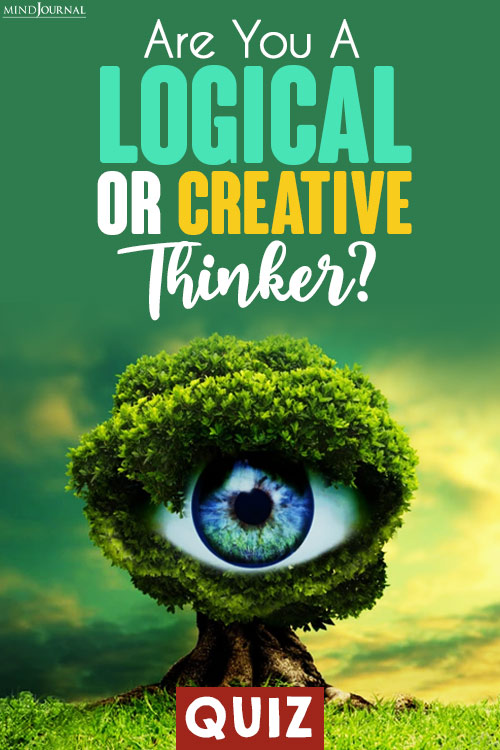
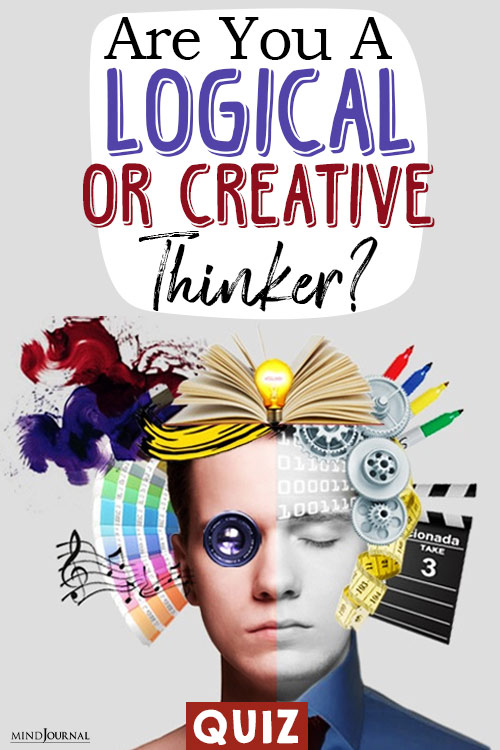
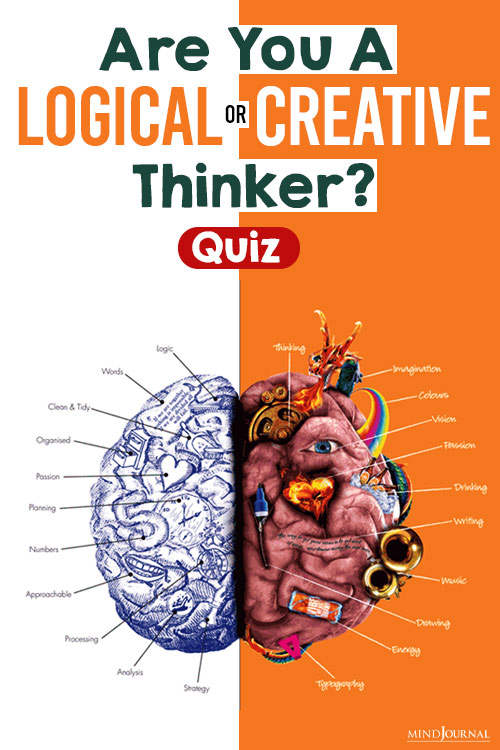
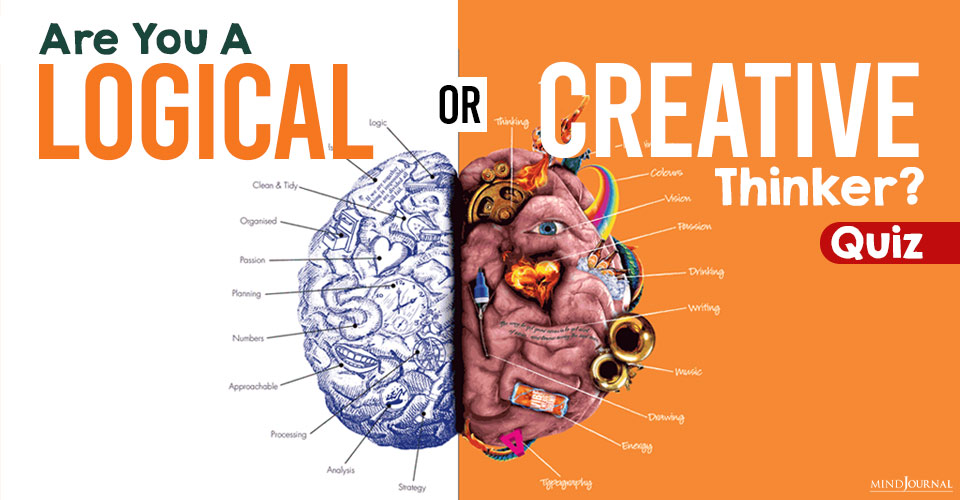
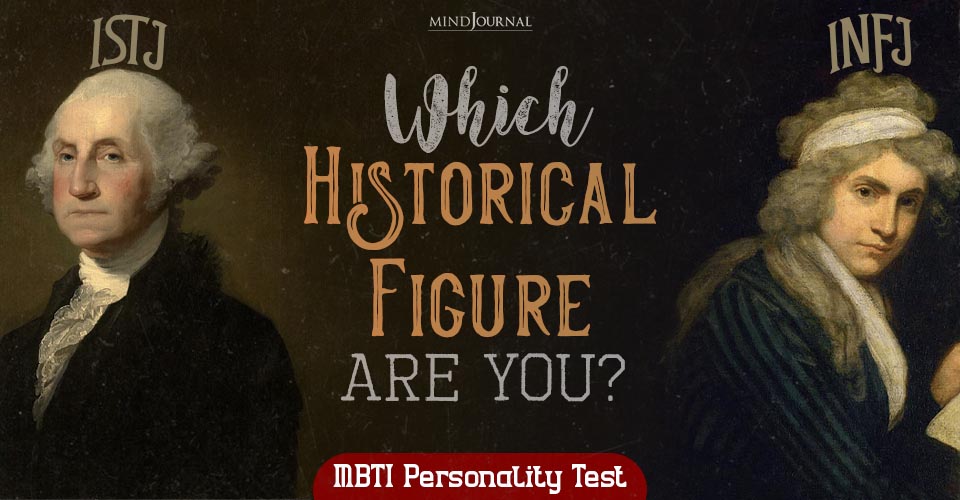

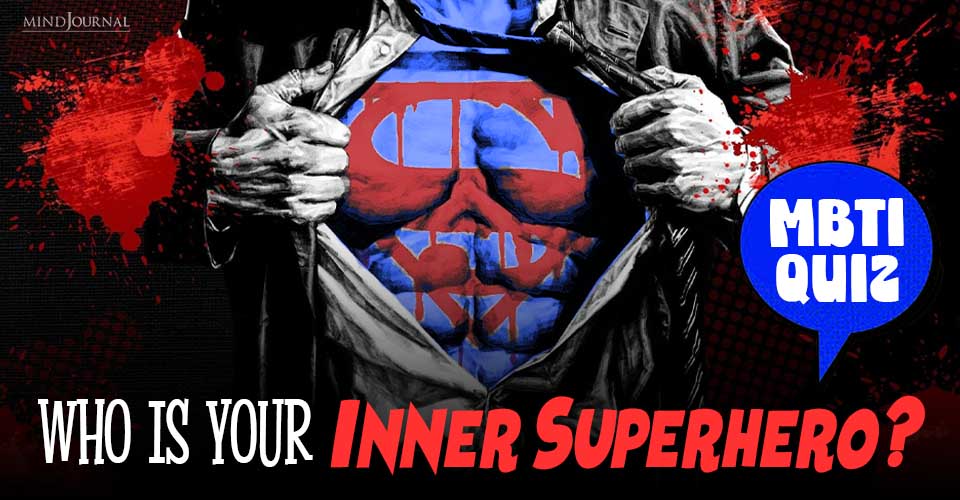



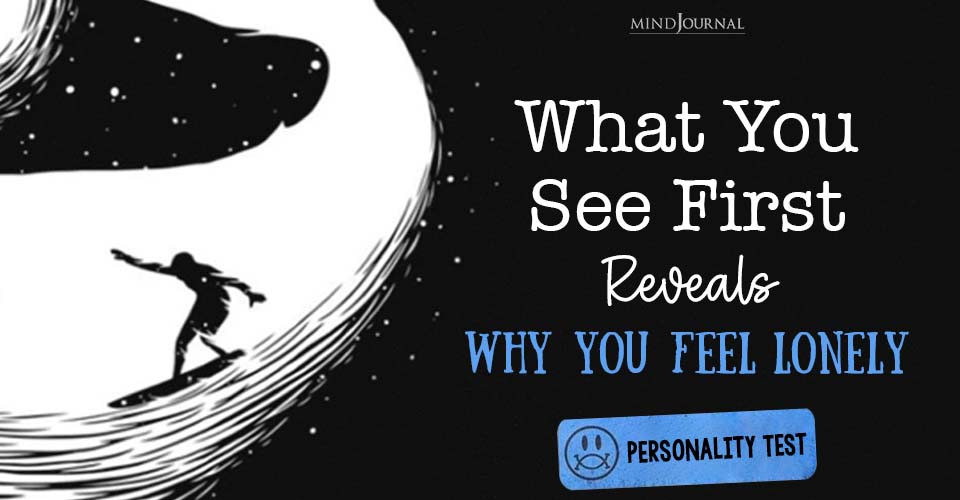
Leave a Reply
You must be logged in to post a comment.